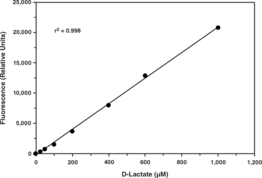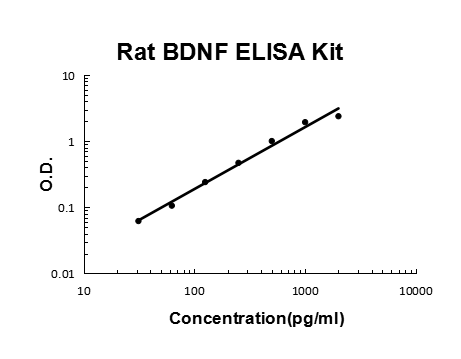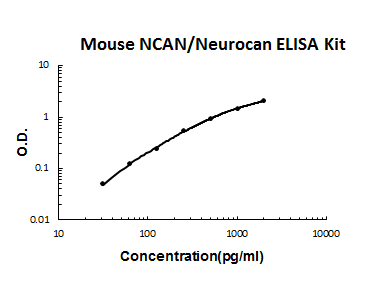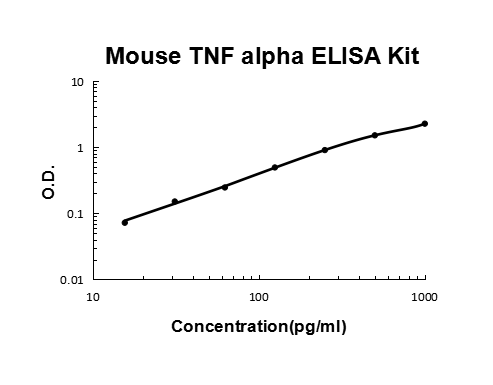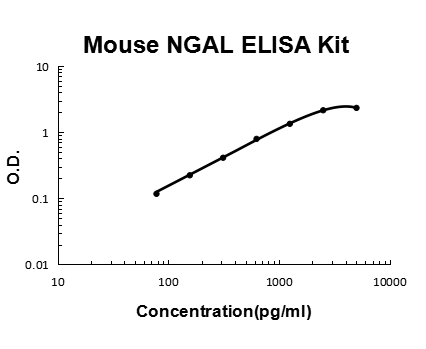Description
D(−)-Lactate is a stereoisomer of lactate and is present in blood at only 1-5% the concentration of L(+)-lactate. Exogenous sources of D-lactate include fermented foods such as yogurt, sauerkraut, and pickles. D-lactate is normally produced in the gastrointestinal tract, mainly by lactobacilli and bifidobacteria or is produced in the cytosol of cells by the glyoxylase pathway. Cayman’s D-Lactate Assay provides a fluorescence-based method for detecting D-lactate in biological samples such as serum, plasma, blood, urine, and saliva. It can also be utilized to determine intracellular and extracellular lactate concentrations in cell culture samples. In the assay, D-lactate dehydrogenase catalyzes the oxidation of D-lactate to pyruvate, along with the concomitant reduction of NAD+ to NADH. NADH reacts with the fluorescent substrate to yield a highly fluorescent product. The fluorescent product is analyzed with an excitation wavelength of 530-540 nm and an emission wavelength of 585-595 nm.
Formulation:
Formal name:
Synonyms:
Host:
Imunogen:
Applications:
Clone:
Purity:
Origin:
Product Type|Assay Kits|Detection Kits||Product Type|Assay Kits|Fluorometric Assays||Research Area|Endocrinology & Metabolism|Inborn Errors of Metabolism||Research Area|Endocrinology & Metabolism|Metabolic Diseases|Diabetes
